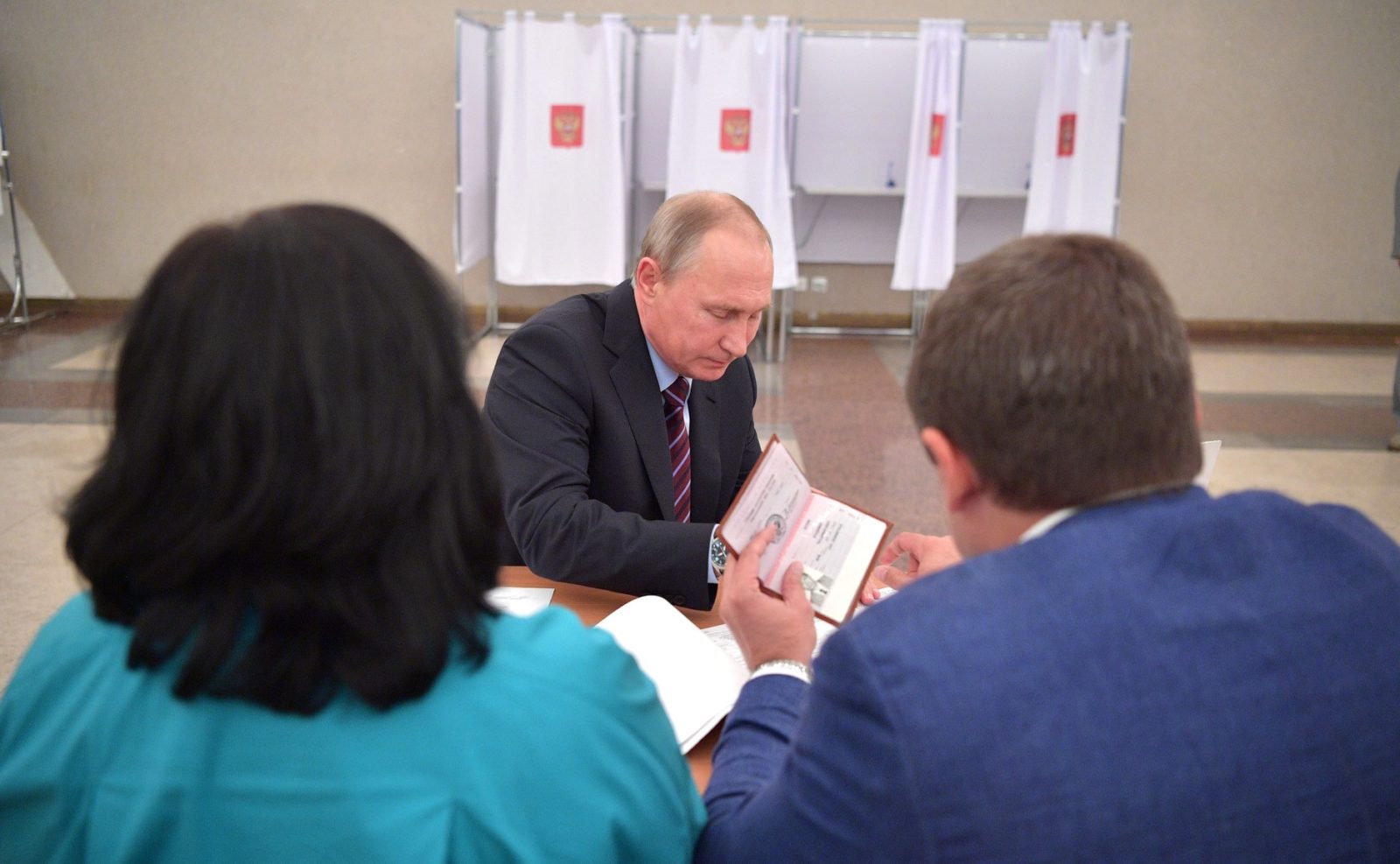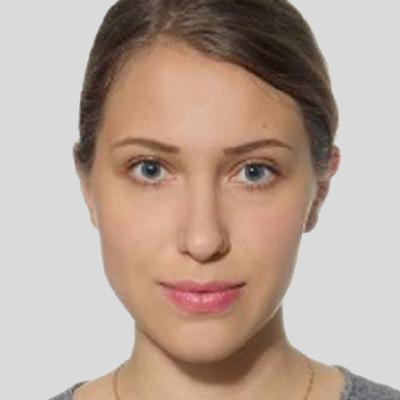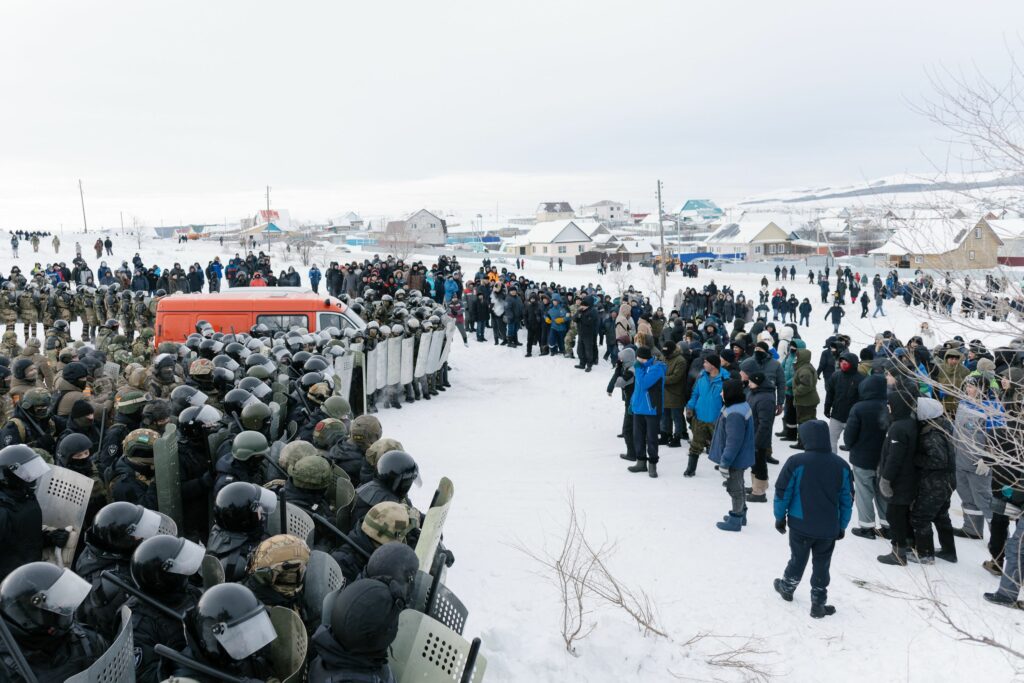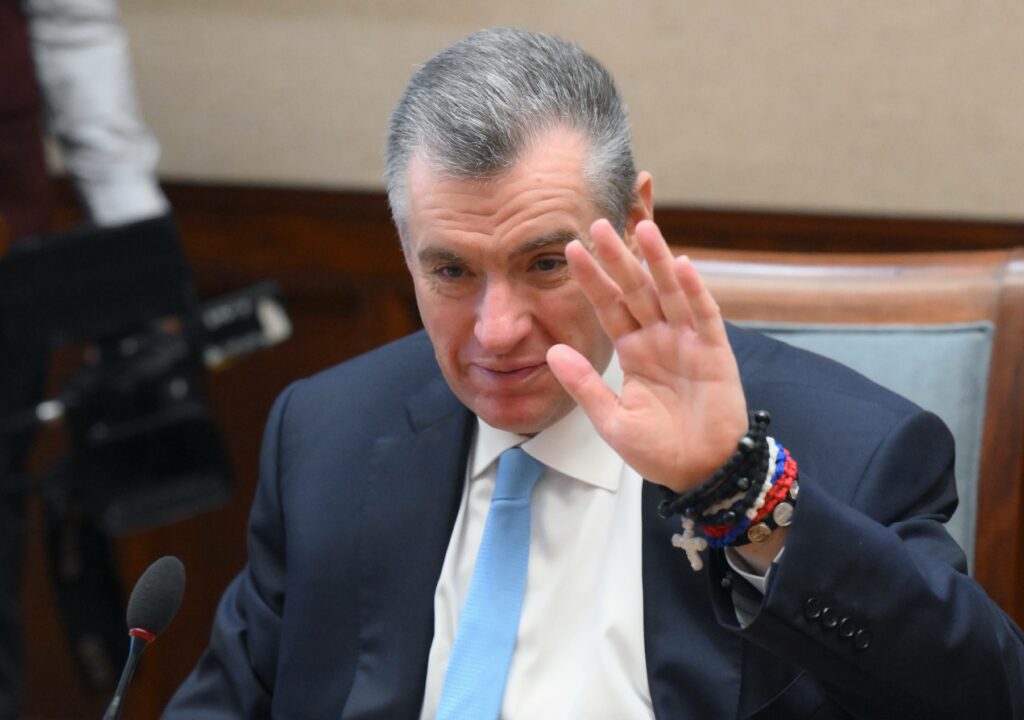On April 12, the Russian Parliament adopted — after just their first reading — a set of amendments to the federal law “On electing the president”. This law was first adopted in 2002, and has been subsequently changed 31 times. That is an average of two amendments per year. How many ways can there possibly be to elect a president?
Such active lawmaking is no exception and neither does it break any records. The federal law “On political parties”, introduced in 2001, has seen 41 amendments. The federal law “On basic guarantees of electoral rights and the right of citizens of the Russian Federation to participate in a referendum” has been amended 75 times since 2002.
Why is this happening? Is this just error prone law making? Constitutional wrangling for the sake of looking busy? The answer can easily be found in some of the literature on non-democratic regimes.
These sorts of regimes are often prone to frequent, haphazard legislative tinkering. This happens because autocrats must constantly ensure that everyone and everything, including institutions, satisfy and bow to the regime’s needs. Institutions in non-democratic regimes are inflexible, requiring orders from the top in order to change. New problems or changes in the situation abroad require immediate and heavy handed intervention from above, which must then be written into law, and brings inevitable mistakes from hasty drafting. A term was even coined to describe this process – “institutional gardening”. In this case, amendments go beyond their traditional role as an instrument which allows mistakes and inaccuracies to be corrected in the later stages of lawmaking; they become a useful tool for manipulation and control. Paradoxically amendments are often aimed at maintaining the status quo, despite technically being a form of changing the law. The rules of the game may change, but not its result. The ultimate aim of these constant changes is for the regime to “structure the world so you can win”.
It is obviously hard (if not impossible) for opponents to develop long-term strategies or plan activities if the rules of the game are constantly changing: new rules are only perceived as a temporary compromise. If such frequently changing legislation brings any stability at all, it is only for those who make the amendments, and their entourage.
The scope for manipulating electoral institutions is quite broad. One strategy is known as the manipulation of supply. In the terminology of the political scientist Andreas Schedler, that is manipulation to regulate “the actor space” — i.e. precisely who and how many will participate in elections.
Another means is the manipulation of the electoral formula in a way that would allow a majority of seats in parliament without having a majority vote. A third means is a manipulation of demand: for example, the moving of an election date to a vacation season as a way of affecting voter sentiment or voter turnout.
When it comes to manipulation of supply, this is usually aimed at excluding candidates or causing extreme fragmentation. Exclusion measures imply mechanisms preventing “unfriendly rivals” from taking part. Regarding measures for excluding candidates, we mean institutional manipulation, which allows the selective removal of “unfriendly rivals” in advance, rather than physically preventing candidates from running. An illustration could be the provisions of the electoral legislation permitting candidates to be excluded if the slightest inaccuracies are detected in signature sheets, party documents, tax records, etc. An effective way to fragment the supply is to manipulate the rules regulating the process for nominating candidates or registering political parties. The more regulatory obstacles for registering new parties, the easier life becomes for established parties.
Let us look at several examples of recent manipulation of electoral and party legislation in Russia.
According to the opinion of some political scientists, the 2011 Russian State Duma elections had some sort of “unbalancing” effect: the regime experienced partial defeat, having lost both in votes and seats, and these results were not “inevitable or predetermined”. In such situations, the regime has three behavioural strategies: 1) conducting reforms aimed at liberalisation and democratisation (but implementing such a strategy poses a high risk of regime collapse); 2) “tightening the screws” to keep the competition out; 3) manipulating existing institutions in order to stabilise the regime, i.e. urgently changing the rules of the game to prevent its outcome from changing.
The message sent to the authorities during the election campaign and protests was received. On December 22, 2011, Dmitry Medvedev announced an electoral legislation reform. This, he said, meant simplifying party-registration procedures; abolishing obligatory signature-collection for running in State Duma and regional parliamentary elections; reintroducing direct elections of the heads of constituent entities of the Russian Federation; and improving representation of political parties in electoral committees, etc. Although not all of the announced reforms became a reality, some of them were implemented.
Hence, the 2012 amendments to the federal laws “On political parties” and “On basic guarantees of electoral rights and the right of citizens of the Russian Federation to participate in a referendum” considerably reduced the required minimum number of party members (from 50,000 to 500) and no longer obliged registered parties to collect signatures in order to submit party lists or nominate candidates.
The regime had tested changes during the local elections in 2013 and 2014, but a new amendment had been adopted by 2014 to correct the damaging consequences of the 2012 amendments. The decision to change the provisions of the electoral legislation and reinstate obligatory signature- collection for nominees (instead of changing party legislation) was extremely effective: by manipulating the electoral system institutionally, the regime also affected the party system. Reversing one regulation almost completely eradicated the positive effects of the 2012 amendments to the federal law “On political parties”.
The same changes also occurred, for example, with the minimum required turnout. The minimum turnout was abolished in 2006. Having no minimum turnout means that elections are considered legitimate, irrespective of what percentage of the population votes. Since then, several draft laws proposing to bring back minimum turnout have been submitted to the Duma, with similar calls coming from the executive authorities.
The Election threshold — the percentage required to win seats in the Duma — was also subject to manipulation on numerous occasions. In 2007, the threshold was raised from 5% to 7% (which seems quite high, compared to international practice). An incentive prize in the form of 1–2 mandates for parties winning 5–7% was introduced in the 2011 State Duma elections. Two months beforehand, an amendment to restore the election threshold to 5% was approved but, for some reason, only starting from 2013. This version of the law never even came into effect, however, due to a new amendment in 2014.
Flirting with the “against all” candidates on the electoral list option is a story unto itself. Approximately the same “for” and “against” arguments are used when debating the return of this option, sometimes even out of the mouth of the same politician. There is clear evidence that such amendments are made exclusively in the interest of the authorities, not the population. For example, from an appeal by the Federation Council chairwoman Valentina Matviyenko in 2013: “Let’s consider returning the ‘against all’ option, because this is what modern political reality demands, and the last elections showed that we live in a new political reality”. To remind you, in the 2011 elections, some parliamentary parties managed to achieve parity with “United Russia” thanks to the protest vote, which was obviously undesirable for those in power.
All this indicates that the forthcoming new amendments cannot and should not be seen as a long-term strategy. One of the planned changes – banning signatures from being invalidated due to minor flaws – is directly connected to the aforementioned amendments to party and electoral legislation in 2012 and 2014. So why is this amendment being initiated only now, on the eve of the presidential elections? Why not before the 2016 parliamentary elections, even though the Constitutional Court had deemed such action by electoral committees illegal back in 2014? The explanation lies in the very design of institutions in non-democratic regimes: liberalisation is only allowed when the regime feels it poses no direct threat to the status quo. Therefore, even when the planned changes — part of which promise some liberalisation of the candidate-registration process and monitoring at polling stations — do come into effect, there is no guarantee that they will remain unchanged until the next parliamentary elections.










